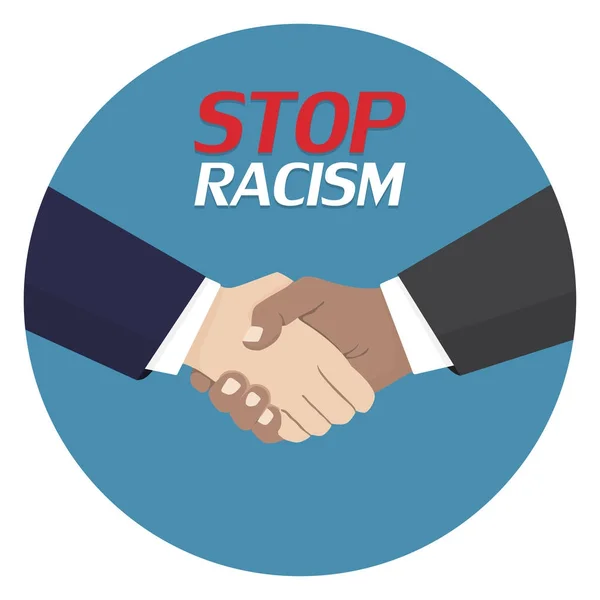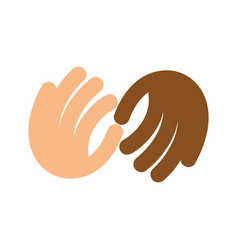



It is also a bold thing to do because his words are disseminated into the world for others to digest, and he is very aware of this momentousness. Writing is his career, but it is also how he makes sense of himself, his beliefs, history, and the world around him. Kendi is constantly writing throughout his life, whether it is newspaper articles, his dissertation, his first book, his second book, etc. Rhetorically, this is a way to explain how Black people can be racist against their own and to show how and why they should seek to eradicate such beliefs. Kendi references this trope when talking about Black neighborhoods, Black women's behavior, Black culture and behavior, and more. Using the phrase popularized by Chris Rock, these people are considered lesser Black people: they're not educated they're loud and "trashy" they get pregnant out of wedlock they aren't bringing credit to the race etc. Kendi evokes this phrase and idea numerous times to illustrate racism carried out by Black people against a certain type of other Black people. more threatening, more potentially harmful, and more likely to require force to control than a similarly sized White body." To illustrate this point, Kendi points to historical physical violence against Black people in society, from lynching to police brutality. Kendi argues that this is "bodily racism" against Black people, whereby the Black body is depicted as "violently dangerous, as the dark embodiment of evil. To White racists, the Black body symbolizes savagery, hypersexuality, degeneracy, and inferiority.


 0 kommentar(er)
0 kommentar(er)
